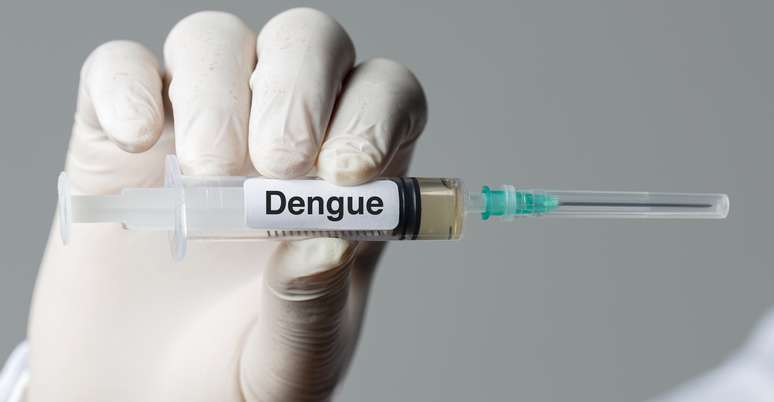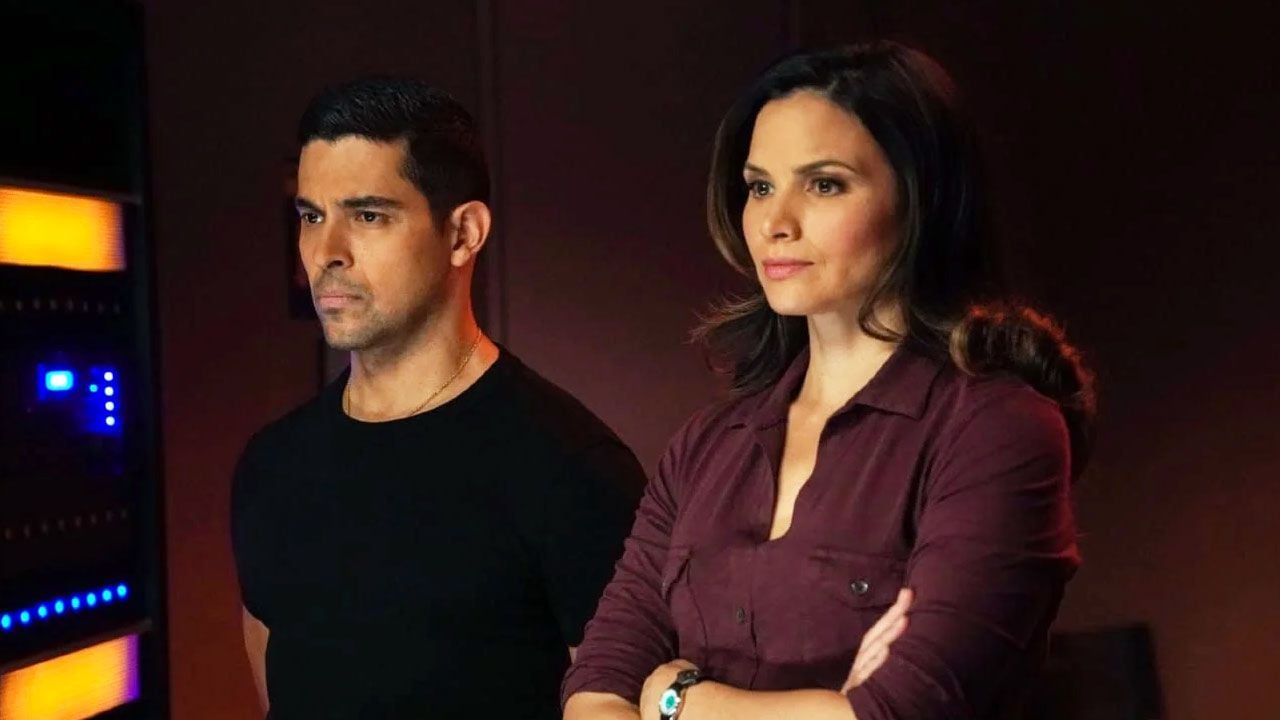Everything you need to know about Qdenga, the new dengue vaccine that will be part of the National Immunization Program
The Brazilian Ministry of Health has announced that vaccination against dengue will begin in February in 521 municipalities. The country is the first in the world to offer dengue immunization in its universal public healthcare system.
Immunization of the population in endemic areas is part of a strategy launched in 2023 to fight dengue, a disease which, last year alone, recorded more than 1.6 million probable cases across the country. Furthermore, it continues to worry the authorities and the population: in 2024, dengue cases will more than triple compared to the same period in 2023.
In the first phase of immunization, citizens of 16 states and the Federal District will be vaccinated, which have municipalities that meet the requirements to start vaccination from 2024.
What vaccine prevents dengue?
The vaccine that will be part of the National Immunization Program (PNI) and will be applied by the Unified Health System (SUS) will be Qdenga.
Produced by the Japanese laboratory Takeda, the vaccine was approved by the National Health Surveillance Agency (Anvisa) in March 2023 and its vaccination program includes two doses, with a three-month interval between the two.
The first shipment of the vaccine, numbering approximately 757,000 doses, arrived in Brazil on January 20 and is part of a total of 1.32 million doses supplied by Takeda and purchased by the federal government.
In addition to Qdenga, the Dengvaxia vaccine is also available in Brazil. Produced by Sanofi Pasteur, a French laboratory, Dengvaxia is sold privately and is not recommended for those who have never had contact with the dengue virus, i.e. it is necessary to have had the disease before being vaccinated.
How does the Qdenga vaccine work?
Qdenga is made from live attenuated dengue viruses, which cause the body to create an immune response to the virus when infected.
This immunizer will induce immune responses against the four serotypes of dengue virus, called DENV-1, DENV-2, DENV-3 and DENV-4.
How effective is the dengue vaccine?
Qdenga, which will be applied by SUS, has been shown to be effective against three dengue serotypes.
It is effective against DENV-1 in 69.8% of cases; against DENV-2 in 95.1%; and against DENV-3 in 48.9%. It was not possible to evaluate the efficacy of the dengue vaccine for DENV-4 as there have been few cases of dengue caused by this serotype.
These data were released by the Brazilian Society of Immunizations (SBim).
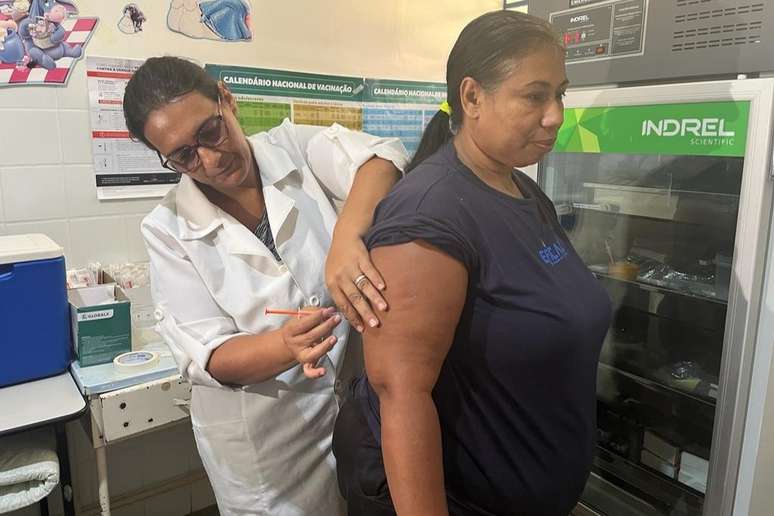
Who can get vaccinated against dengue?
In the first phase, the dengue vaccine will only be offered to children and adolescents aged 10 to 14 years. This group was chosen because it is the age group that has the highest risk of worsening of the disease.
However, Qdenga is recommended for people aged 4 to 60, from those who have already had dengue fever to those who have never been infected, unlike Dengvaxia, which is only recommended for people who have already been infected by the dengue virus.
Who can’t get vaccinated against dengue?
Qdenga is not recommended for the following groups:
- People over 60 years old;
- You are allergic to any of the components of the vaccine;
- Has a compromised immune system;
- Have an immunosuppressive condition;
- Pregnant and breastfeeding women.
Even the case of Dengvaxia, available only on the private network, is not recommended for people over the age of 45.
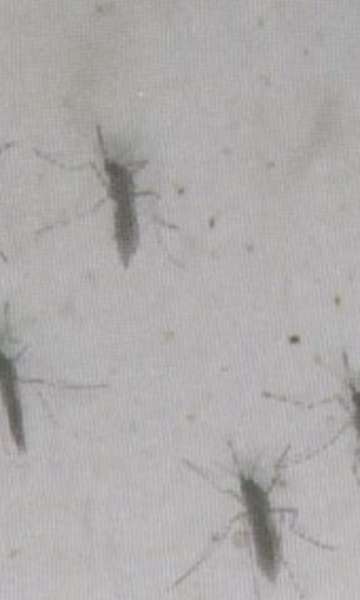
Alert: Dengue cases rise in several states
Which cities will receive the dengue vaccine?
In the first phase of the immunization plan, Qdenga plots will be allocated to municipalities with more than 100,000 inhabitants and with high rates of disease transmission over the past decade.
In 2024, 521 cities in 16 states will receive the vaccine.
The states are:
- Goiania;
- Bay;
- Acre;
- Paraíba;
- Great Northern River;
- Mato Grosso do Sul;
- Amazon;
- St. Paul;
- Tocantins;
- Roraima;
- Holy Spirit;
- Rio de Janeiro;
- Paraná;
- Minas Gerais;
- Santa Catarina.
The Federal District will also receive doses to vaccinate its citizens. The federal government estimates that about 3.2 million people will be vaccinated in 2024, while 9 million vaccine doses are expected to be contracted in 2025.
When does dengue vaccination start?
The forecast is that the Qdenga vaccine will begin in February 2024. However, there will be a definition of the public and priority regions to start vaccination.
What is the cost of the dengue vaccine?
Qdenga will be applied free of charge by the SUS. This is because it is part of the National Immunization Program (PNI).
Furthermore, after Anvisa’s approval, the vaccine was also made available by private laboratories.
The Dengvaxia vaccine costs R$400 to R$500 in private clinics.
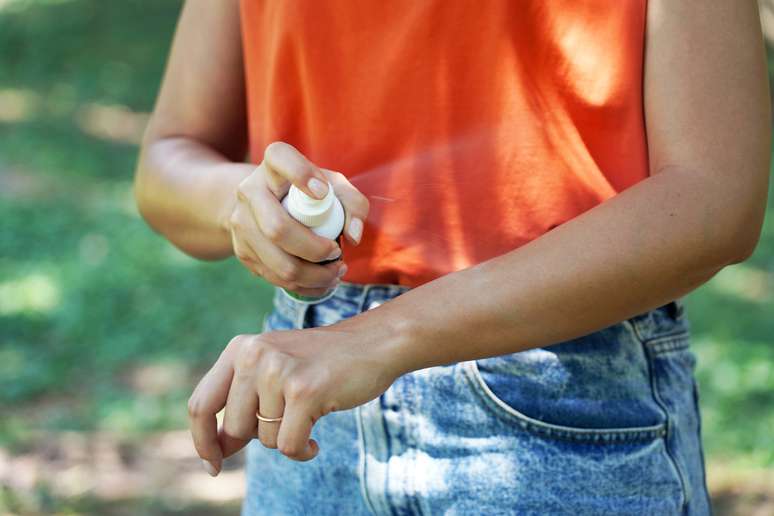
What are the side effects of the dengue vaccine?
According to Qdenga’s clinical studies, conducted on more than 28,000 people, including children and adults, reactions may occur, which generally occur within two days of the injection. These reactions are less frequent after the second dose of the vaccine.
However, none of these reactions make the vaccine contraindicated.
The side effects recorded in the study were:
- Pain at the injection site;
- Heachache;
- Muscular pain;
- Redness at the injection site;
- Malaise;
- Weakness;
- Fever.
What is the difference between Qdenga and Dengvaxia?
The main differences between Qdenga, made available by SUS, and Dengvaxia, available for purchase from private laboratories, are the target audience, age range and number of doses applied.
Dengvaxia is only recommended for those who have already been infected with the dengue virus and are aged between 9 and 45, while Qdenga is aimed at people who have never had the disease and are aged between 4 and 60.
Regarding the number of doses, Qdenga consists of two doses, applied at three-month intervals, while Dengvaxia is applied in three doses, distributed at six-month intervals.
Now that you know everything about the dengue vaccine, learn to take care of your health with Terra Você!
Source: Terra
Ben Stock is a lifestyle journalist and author at Gossipify. He writes about topics such as health, wellness, travel, food and home decor. He provides practical advice and inspiration to improve well-being, keeps readers up to date with latest lifestyle news and trends, known for his engaging writing style, in-depth analysis and unique perspectives.

